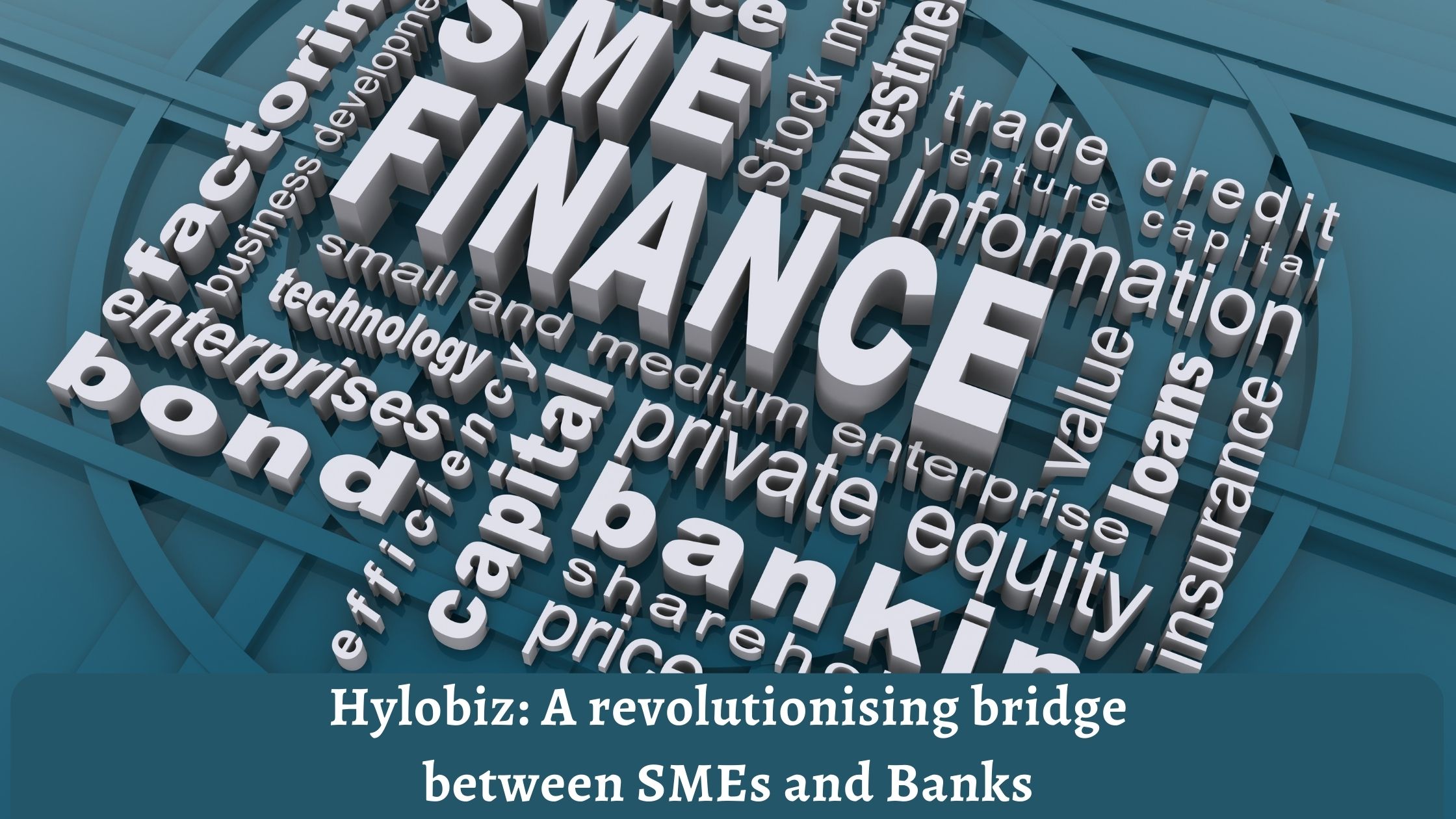Many Indian SMEs find it troublesome to use IT tools for business management purposes. Most of them are dependent on accounting data-based software, which means there is a huge gap between the company and the banks or other financial institutions as they have no way of knowing the cash and revenue details of the company. To find a way around this problem, Vishal Gupta, Lakshmi Tampi and Ashish Mahal co-founded their startup last year, Hylobiz, to provide the much-needed bridge of clarity between SMEs and banks. It helps an SME’s business and financial services to be digitally and seamlessly connected, without having to undergo any adoption of hard-to-use IT systems.
The startup implements a micro-service architecture based neo-banking platform which aids in providing a seamless connection with SME legacy tools (invoicing, accounting and ERP tool) on one frontier and providing multiple financial services access and third-party integrations on the other end. It is aimed at providing power and clarity to business owners as well as seamless connectivity with the banking world.
How does the SaaS product function?
Before beginning, we should have some insight on how the SME world functions. Within the B2B realm chain, there are specific levels- brands, regional distributors, sub-distributors, dealers/traders and retailers working in a top to bottom supply chain system. The SME remains at the top of every value chain. To provide some perspective, let us take a situation where a distributor has to generate 1,000 invoices every month. The distributor sends over these invoices manually over Whatsapp other mediums to around 100 SMEs. As the credit period expires, the distributors start calling the buyers for payments, which is all done manually.
Hylobiz, on the other hands, freshens up the perspective by digitising end-to-end transactions by receiving invoicing information through transactions aided by API-based integration from the legacy tools. Digital communication is triggered by the SaaS which informs buyers about the due date, the transaction details and the payment link. It also triggers automated reminders and the payment link directs the buyer to his favourite mode of payment. As the entire transaction is done via the Hylobiz engine, everything is recorded on a real-time basis and the legacy tools are provided instantaneous reports about the transaction with the help of APIs.
The drawing board
The founders kicked off the business by injecting $250,000 as bootstrap capital.
Following that, it has raised a sum of $500,000 as a part of an angel investment round led by angel investors from the US and India, the likes of which include Google, Juniper, executives of Myntra, Multiply Ventures and FF21. FF21 was also one of the first customers of the SaaS platform.
Although things are looking up for the startup on the funding side of affairs, it did take them almost one-and-a-half years to receive agreements from five top-bracket private banks and three SMEs for automation.
Their main focus has been the connectivity regarding the receivable transaction sets between the top to bottom level of the value chain system. Their offering takes off a huge load from the SMEs. For the first 10,000 SMEs on board with the platform, Hylobiz will take hold of transactions both directly and through digital reach while signing partnerships with banks and ERP service providers to build a strong network to reach the next million SMEs through the connections built.
Conclusion- Plans
The plan for the startup is to establish a 20,000 strong SME base across India and UAE frontiers. They are also planning on at least 10 more integrations with ERP/CRM platforms and financial institutions for the two frontiers, intending to reach a $3 million average revenue rate by next year.
They have at least 30 distributors on their platform which give them access to 3,000 SMEs already, and they are putting in measures to scale up operations. It currently competes with banking platforms offered by Oracle, Infosys and Microsoft.

